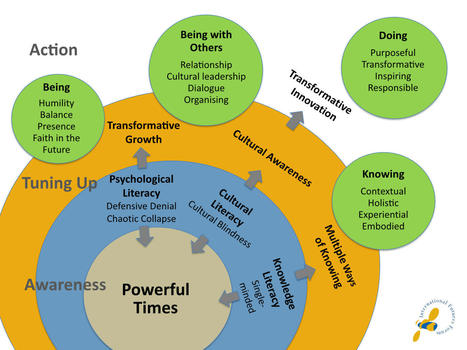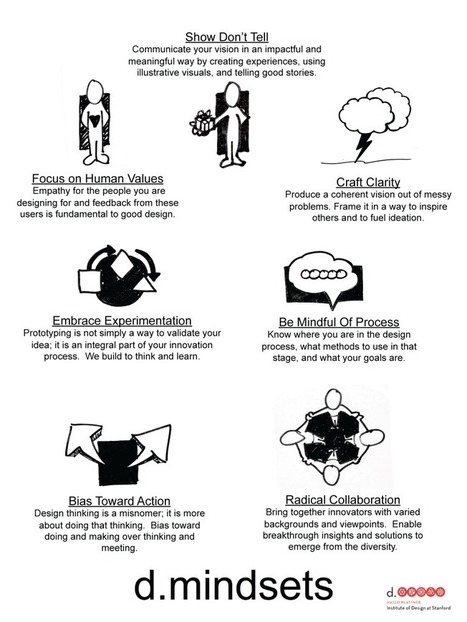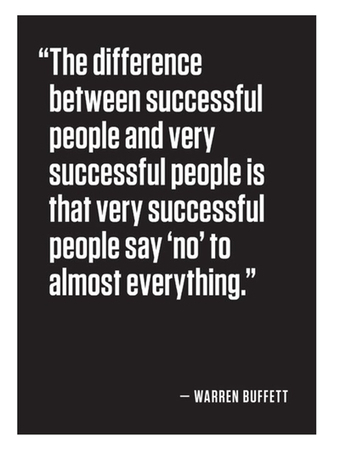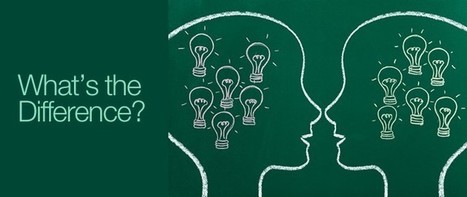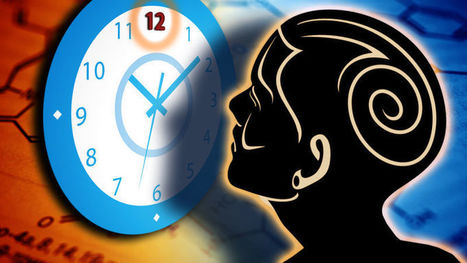The Competence in Complexity programme offers a year-long process for participants to develop their 21st century competencies and to demonstrate them in practice in effective, transformative action. Next Programme October 2021 - October 2022 The programme is hosted in our online Atelier space, a dedicated virtual space for participants to connect, converse, share and access materials, resources and insights and to remain 'on campus' throughout in a dedicated community of practice. All workshops in the programme are conducted online to allow for international participation. The curriculum is designed around three modules (see graphic). Each is designed to be a valuable and rounded experience in itself. We recommend, however, that participants take the full programme in order to gain maximum benefit from a supported learning environment designed for slow, substantial growth and development over the course of a full year. Click the blue button above for a full programme description and other details about scheduling and fees. The programme is based on IFF’s books Dancing at the Edge: Competence, Culture and Organisation in the 21st Century by Maureen O’Hara and Graham Leicester, Three Horizons: The pattering of hope by Bill Sharpe, and Transformative Innovation: a guide to practice and policy for system transition by Graham Leicester. A distinctive approach to competence Dancing at the Edge takes a distinctive stand in relation to competence: We follow the OECD definition that competence is not an abstract achievement but “the ability to meet important challenges in life in a complex world”;
Via F. Thunus, michel verstrepen, juandoming



 Your new post is loading...
Your new post is loading...

